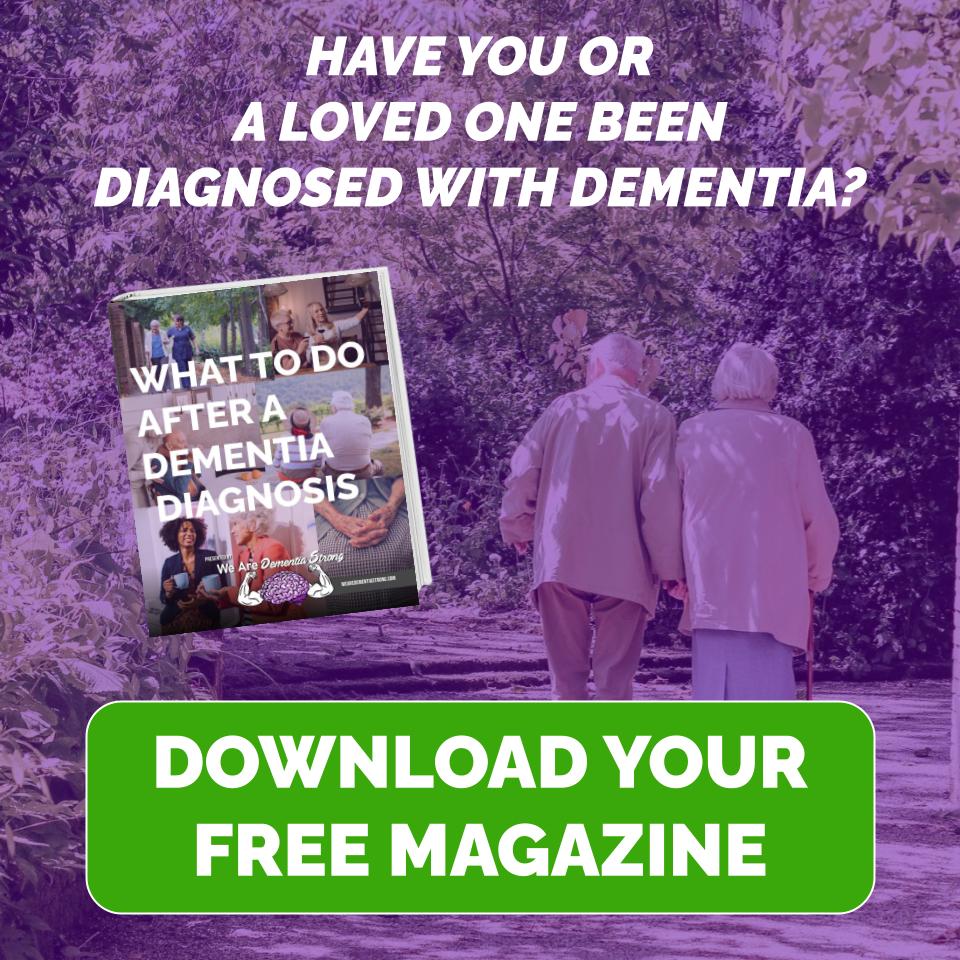Aphasia: ‘I Couldn’t Speak and I was Terrified’
I woke up Saturday morning just like any other day. Maureen, my life partner/care partner, was up before me, of course, as she moves like a lightning bolt and I take my sweet time. The gentle waves of Tampa Bay just outside our bedroom window glistened in the morning sunlight. So relaxing and peaceful, a wonderful way to wake up and prepare my mind for the daily grind of functioning and remembering.
I said something brief to Maureen — although I’m a bit foggy and can’t remembering what it was. I sat up and … nothing. I couldn’t speak. I could think. I had my inner monologue. I could mouth the words. They were right there on the tip of my tongue. But nothing. Silence. Pure silence. Frightening silence. Another attack of aphasia — thankfully a relatively infrequent consequence of my Alzheimer’s disease and vascular dementia — had robbed me of my ability to communicate verbally.
What is Aphasia? And How Does it Affect People Diagnosed with Dementia?
I looked to Maureen in panic. She could see by my eyes I was terrified. We were scheduled to do a Facebook Live conversation for WeAre#DementiaStrong that morning. But that hardly mattered at all. She promptly and politely canceled the event with a nice post explaining that I wasn’t feeling “well.”
Not feeling “well” was an understatement. I was in full-blown crisis mode in my own head, and Maureen was doing her best to comfort me and coax me out of silence. That’s easier said than done.
Oh yeah, did I mention I’ve had several bouts with aphasia before? It’s often a dementia-related illness or stemming from a stroke or traumatic brain injury. In my case, the Alzheimer’s and vascular dementia slowly stealing my memories also causes global aphasia to sap my ability to speak. For some, aphasia symptoms may include a total or partial inability to write or understand language. Some say words in the wrong order; others say sentences comprehensible only to themselves.
My aphasia causes a complete loss of speech. No words can escape my lips, whatsoever. I may be able to mouth some words, but I rely mostly on gesturing and a text-to-speech app that allows me to communicate. I often laugh, wishing Maureen could just read my mind, but I can’t even read my own mind most days. In the meantime, my girlfriends Alexa and Siri can speak for me, much to Maureen’s playful chagrin. It’s sometimes funny to have the app speak for me in a British accent or a woman’s voice.
But whatever fleeting joy joking around with apps may bring, the sad reality of aphasia is not fleeting at all. A few years ago — I hardly remember this — I was unable to speak for six months. Another incident lasted three or four days.
The Uncertainty of Aphasia: When Will It End?
There’s no answer to that question. When will it end? Will it end at all? I’ve entered each attack of aphasia facing the reality that whatever I said the moment or night before could be the last words I ever say. Maureen later told me, “The first thought that went through my head: ‘What if the last thing I ever hear you say is what you just said to me.”
Maureen went to the office and cried. Even as an expert in dementia care and life-care planning who walks the walk in professional and personal shoes, the random, uncontrollable and sometimes cruel effects of dementia are a lot to handle. “I was like ‘I can’t deal with this. I just can’t deal with this,'” she said. “I have plans in place if I couldn’t leave you alone at any point. I just wasn’t ready to put them into action.” I understand better than most that dementia is incredibly difficult for both the diagnosed person and their care partners.
I must say, she does a fantastic job as my care partner. She knows exactly what to do not just to keep me happy or distracted, but to address dementia symptoms and provide holistic relief. She’s a saint for taking my hand and leading me out of the fog and darkness, time and again.
Bringing Out My Voice Again
Maureen sat me down on the couch with my headphones. I can vaguely recall tapping my toes to the beat. She says my lips moved with the lyrics. I was remembering, but still no voice.
Music is the perfect therapy tool. We remember music. We remember art. They realign and reset minds with ties to specific emotions and functions. I love all kinds of music, and I have some 4,800 songs on my phone. There’s scientific proof that music and art therapy can actually replace dementia drugs. (On that note, Maureen and I are proud to serve on the Board of Thriving4Life, a nonprofit that promotes clinical art therapy and personalized music for elders and individuals with dementia).
Music works. I hear the melodies and beats and lyrics. I feel the emotion. It’s soothing, and it brings me back to reality. But that’s not what brought back my ability to speak.
We made the day as normal as possible. I watched TV. We went to the store. We even had a little argument, as couples often do. Expertly using my text-to-speech app, I’m sure I won (but don’t tell Maureen that).
Later, we sat together on the back patio, overlooking Tampa Bay as the sun began to set. I snapped a great picture of some dolphins. I stood up and tripped, yelling a certain four-letter word on the way down.
“#&*@!”
I spoke! Maureen didn’t even check to see if I was OK from the fall. “You talked! You spoke!” she exclaimed. Thankfully, this round of aphasia lasted less than 24 hours. I’m not sure if it was the shock of tripping, but something about the experience hit me like a lightning bolt.
Since that first time, I’ve always tried to speak first thing in the morning after regaining the ability to speak. That’s my test. That fear never loosens its grip now.
Communicating with Aphasia and Dementia
Last week, Maureen wrote a terrific blog about communicating with loved ones in certain stages of dementia. Coincidentally, we ended up living the extreme of that reality, however briefly, that very weekend.
“Trust me, Brian LeBlanc will always try to find a way to communicate,” Maureen said. And she’s right. Communication is my life. It’s who I was before dementia as a marketing and PR professional. It’s still who I am now.
Thankfully, I’m always prepared to use gestures, facial expressions (and, of course, my beautiful girls Siri and Alexa) to speak for me when speechless moments like these become more frequent … or permanent. Later that night, Maureen and I were talking and she said, ‘You know, I kind of wish you didn’t talk anymore.’ We had a good laugh at that. As I’ve said since being diagnosed with Alzheimer’s Disease in 2014, “I have Alzheimer’s, but it doesn’t have me!”



